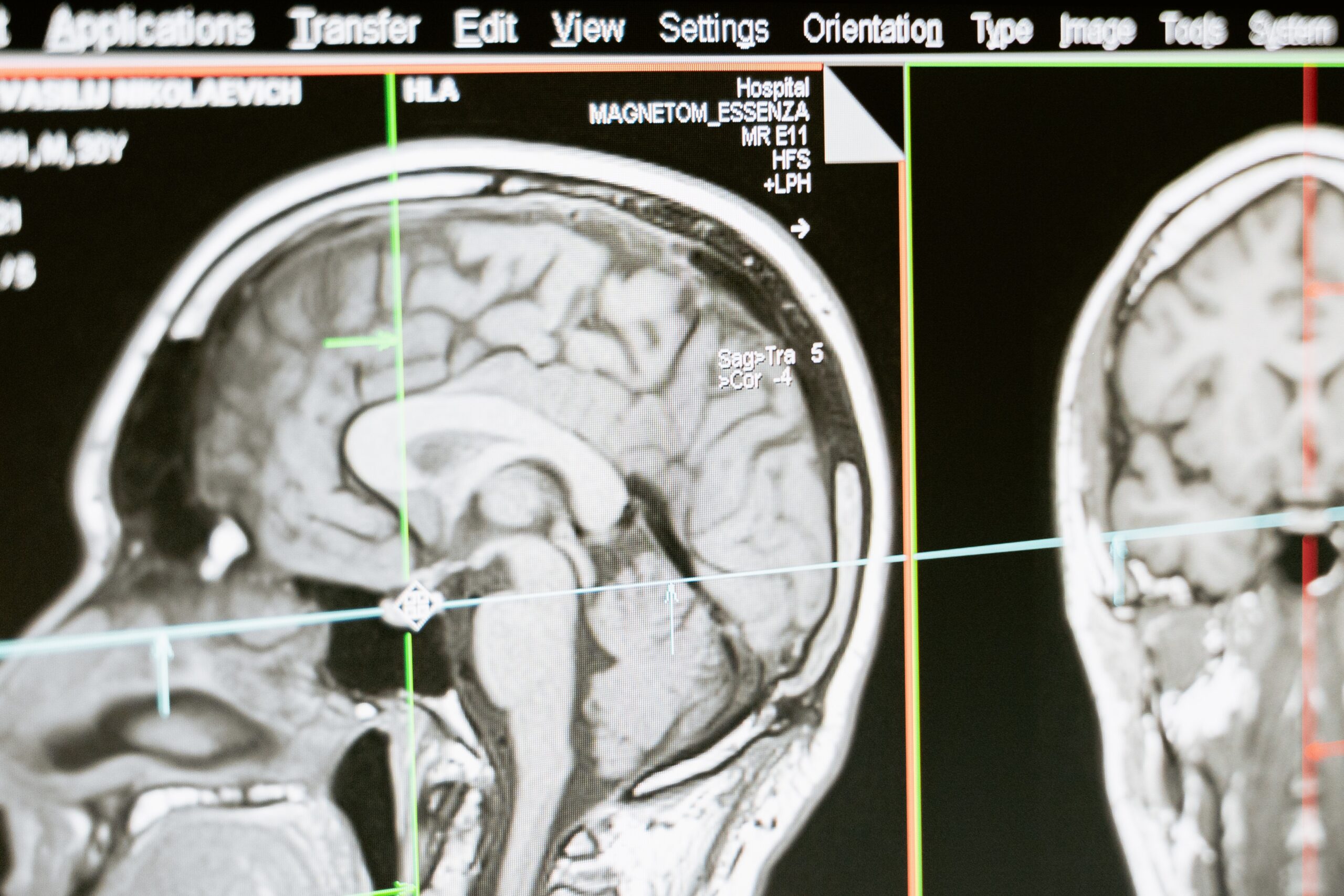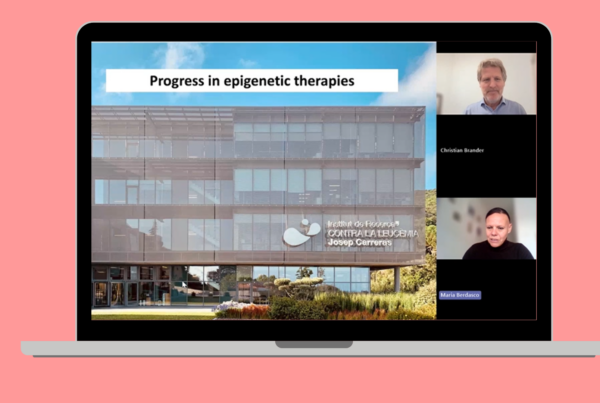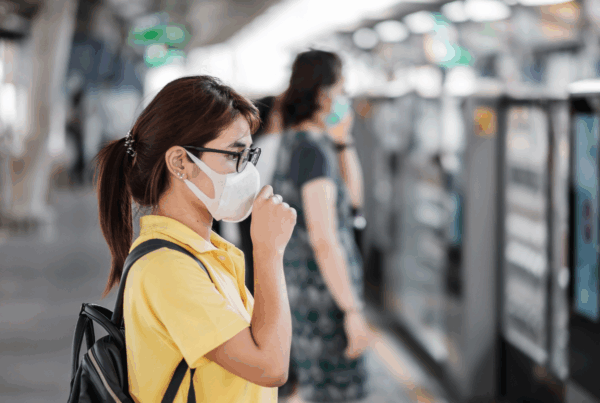
Previous studies show that DNA methylation regulates the immune response against HIV and can determine the clinical course of infection
More than 40% of people who have tested positive for SARS-CoV-2 have a persistent or recurrent set of multisystemic symptoms long after the time of infection. This persistent condition, now formally recognized as post-COVID-19 condition (PCC), poses a major challenge for both, patients and medical professionals. Among its various symptoms are alterations in smell and taste, difficulties with concentration and short-term memory, sleep disturbances and episodes of depression.
In its quest to understand the origin of PCC, as well as to decipher the underlying mechanisms of this post-viral condition, the scientific community has conducted several studies using preclinical models. However, none of the currently available models fully replicates PCC in humans. In the context of the European EPIVINF project, Christian Brander, project coordinator and ICREA researcher at IrsiCaixa, has participated in the publication of an article published in the journal LabAnimal that addresses what neurological processes may be altered in PCC and evaluates the potential of different preclinical models to study them. The report was led by Drs Carla Usai and Joaquim Segalés, both researchers at the Animal Health Research Center (IRTA-CReSA) at UAB.
“We have made an extensive evaluation of the studies that have been conducted on PCC to date in order to determine which models are best for each manifestation”, states Brander. With regard to neurological symptoms, the study demonstrates that it will possibly beneficial to combine multiple models as no single approach alone can cover all clinical facetts observed in humans. The researchers have provided specific details for each model, including their similarities and differences with humans, prior studies, and important considerations to keep in mind when working with these models. “We wanted to unify all the studies to establish a line of work that allows us and the scientific community to work in PCC and to refine the use of animal models”, he adds.
Moreover, the researchers also identified studies that, in a PCC context, show transcriptomic alterations in the central nervous system, persistent activation of immune cells and impaired neurogenesis in the hippocampus. These molecular changes have emerged as key factors contributing to the neurological symptoms observed in SARS-CoV-2 infected animal models. Changes that are also observed during Alzheimer’s disease and the natural aging process in humans. “These parallels point towards the existence of shared mechanisms between PCC and these neurodegenerative diseases”, says Brander.
Complicating matters are the unique characteristics of the new variants of interest as well as the clinical predisposition and the diverse immune responses exhibited by infected individuals. These factors are suspected to exert a significant influence on the manifestations of PCC. Consequently, the scientific community is intensifying its efforts to explore the role these elements and their intricate combinations play in shaping the clinical manifestation of PCC.






